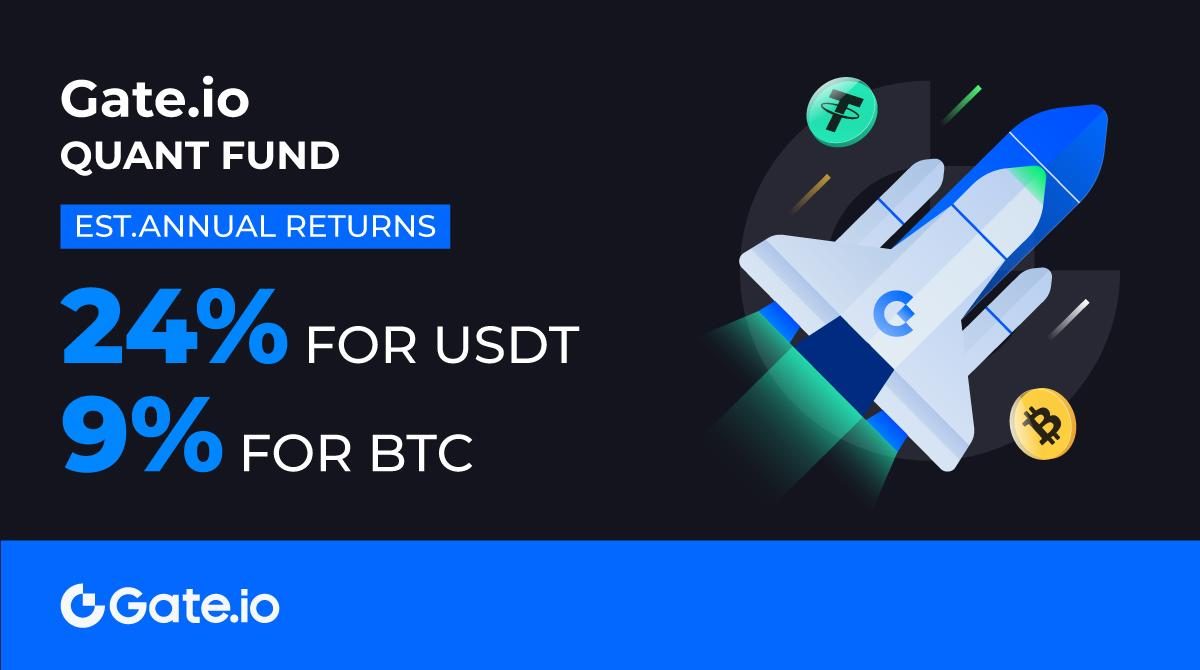Say Goodbye To Traditional Mortgages: NFT-Fi Offers DeFi Solutions For All!
The world of finance is rapidly changing thanks to the advent of blockchain technology. One of the most exciting developments in recent years is the emergence of Non-Fungible Tokens (NFTs) and decentralized finance (DeFi).
NFT-Fi combines these two technologies, opening up new possibilities and opportunities for finance. In this paper, we will explore what NFT-Fi is, why it is important, the mechanism behind it, the ecosystem surrounding it, and the specific areas of focus within the NFT-Fi space.
What is NFT-Fi?
NFT-Fi is the combination of NFTs and DeFi. NFTs are unique digital assets that are stored on a blockchain, providing authenticity and provenance. DeFi, on the other hand, is a financial ecosystem built on blockchain technology that enables decentralized financial applications. NFT-Fi combines the unique properties of NFTs with the power of DeFi to create new financial opportunities.
One of the primary benefits of NFT-Fi is the ability to use NFTs as collateral for loans. Traditional lending institutions require collateral in the form of physical assets, such as real estate or vehicles. NFT-Fi allows for the use of NFTs as collateral, providing a new source of liquidity for NFT holders. This allows NFT holders to access capital without having to sell their NFTs.
Another significant advantage of NFT-Fi is the ability to trade NFTs on decentralized exchanges. Decentralized exchanges are built on blockchain technology and allow for peer-to-peer trading of assets. By trading NFTs on decentralized exchanges, NFT holders can bypass traditional intermediaries, such as auction houses and galleries, and directly connect with buyers and sellers.
Why NFT-Fi?
NFT-Fi is important because it enables the creation of new financial opportunities that were previously impossible. NFTs have primarily been used for collecting and trading unique digital assets, but they have not been widely used in the world of finance. By combining NFTs with DeFi, NFT-Fi opens up a whole new world of possibilities.
One of the most significant advantages of NFT-Fi is the ability to use NFTs as collateral for loans. Traditional lending institutions require collateral in the form of physical assets, such as real estate or vehicles. NFT-Fi allows for the use of NFTs as collateral, providing a new source of liquidity for NFT holders. This allows NFT holders to access capital without having to sell their NFTs.
Another advantage of NFT-Fi is the ability to trade NFTs on decentralized exchanges. Decentralized exchanges are built on blockchain technology and allow for peer-to-peer trading of assets. By trading NFTs on decentralized exchanges, NFT holders can bypass traditional intermediaries, such as auction houses and galleries, and directly connect with buyers and sellers.
NFT Mechanism
The mechanism behind NFT-Fi is relatively straightforward. NFT-Fi platforms allow NFT holders to use their NFTs as collateral for loans. The loan amount is based on the value of the NFT, which is determined by the market demand for the NFT. The NFT is stored in a smart contract, which acts as collateral for the loan. The borrower then pays back the loan with interest, and once the loan is fully paid off, the NFT is returned to the borrower.
NFT-Fi platforms also allow for the trading of NFTs on decentralized exchanges. Decentralized exchanges use smart contracts to facilitate the trading of assets between buyers and sellers. NFT holders can list their NFTs for sale on decentralized exchanges, and buyers can purchase them directly from the seller.
NFT Ecosystem
The NFT-Fi ecosystem is still in its early stages, but there are already several key players in the space. Eco-NFTs can be used to incentivize and reward individuals or organizations for taking actions that promote sustainability and conservation of natural resources. For example, an Eco-NFT could represent the planting of a certain number of trees, the reduction of carbon emissions, or the support of renewable energy projects.
NFT Lending/Borrowing
NFT lending/borrowing is a type of financial service that allows NFT owners to use their NFTs as collateral to borrow funds or to lend their NFTs to others for a fee. This type of lending/borrowing is facilitated by NFT-Fi platforms that use smart contracts to manage the lending and borrowing process.
NFT lending/borrowing works by allowing NFT owners to lock their NFTs in a smart contract as collateral for a loan. The amount of the loan is determined by the value of the NFT, which is assessed based on factors such as rarity, demand, and market price. The NFT remains in the smart contract until the loan is repaid, at which point the NFT is returned to the owner.
NFT lending/borrowing is an attractive option for NFT owners who want to access liquidity without selling their NFTs. By using their NFTs as collateral, NFT owners can borrow funds without having to part with their valuable digital assets. This is particularly useful for NFTs that have appreciated significantly in value but may not have a ready market for sale.
On the other hand, NFT lending allows borrowers to use NFTs owned by others as collateral for loans. This is useful for individuals who may not have NFTs of their own but want to access capital. Borrowers can use NFTs owned by others as collateral, and in return, pay a fee or interest to the NFT owner.
NFT lending/borrowing is still a nascent market, and there are relatively few platforms that offer these services. However, as the NFT market continues to grow, it is expected that more platforms will emerge, offering a wider range of NFT lending/borrowing options.
NFT lending/borrowing is an exciting development in the world of finance, allowing NFT owners to access liquidity while retaining ownership of their valuable digital assets. As the NFT market continues to evolve, it is expected that NFT lending/borrowing will become an increasingly popular option for NFT owners and investors alike.
NFT Renting
NFT renting is a type of service that allows NFT owners to rent out their NFTs to others for a specified period in exchange for a fee. This service is facilitated by NFT-Fi platforms that use smart contracts to manage the renting process.
NFT renting works by allowing NFT owners to list their NFTs on a platform and set a rental price and duration. Interested renters can then browse the available NFTs and rent them for the specified period by paying the rental fee. The NFT owner retains ownership of the NFT during the rental period, but the renter has the right to use the NFT for the specified duration.
NFT renting is an attractive option for NFT owners who want to generate passive income from their NFTs without selling them. This is particularly useful for NFTs that are not frequently used, such as artwork or collectibles, as it allows the owner to monetize their NFTs when they are not in use.
On the other hand, NFT renting is useful for individuals who may not be able to afford to buy NFTs outright but still want to use them for a specific period. Renting allows them to access the benefits of owning an NFT without the upfront cost.
NFT renting is still a relatively new market, and there are few platforms that offer these services. However, as the NFT market continues to grow, it is expected that more platforms will emerge, offering a wider range of NFT renting options.
NFT renting is a promising development in the NFT market, allowing NFT owners to generate passive income and renters to access the benefits of NFT ownership without the upfront cost. As the market continues to mature, NFT renting is expected to become an increasingly popular option for NFT owners and renters alike.
NFT Derivatives
NFT derivatives are financial instruments that are derived from non-fungible tokens (NFTs). These derivatives are similar to traditional financial derivatives, such as options or futures contracts, but instead of being based on underlying assets such as commodities or stocks, they are based on the value of NFTs.
There are several types of NFT derivatives, including futures, options, and swaps. NFT futures contracts allow traders to buy or sell NFTs at a predetermined price and date in the future. NFT options contracts give the buyer the right, but not the obligation, to buy or sell an NFT at a predetermined price and date in the future. NFT swaps allow traders to exchange the returns of one NFT for another.
NFT derivatives are a relatively new concept and are still in the early stages of development. However, they have the potential to provide new opportunities for traders and investors to participate in the growing NFT market. At the same time, they also introduce additional risks and complexities to the market, as derivatives trading can be more speculative and volatile than buying and holding the underlying asset.
NFT Aggregators
NFT aggregators are platforms or services that allow users to browse and discover non-fungible tokens (NFTs) from multiple marketplaces and platforms in a single place.
NFT aggregators work by pulling data from various NFT marketplaces and presenting it in a unified and standardized format. They provide a way for NFT collectors and investors to easily find and compare NFTs from different sources, which can save time and effort.
In addition to browsing and discovering NFTs, some aggregators also provide tools for managing and tracking NFT portfolios, as well as market data and analytics to help users make informed decisions.
NFT aggregators have become increasingly popular as the NFT market has grown and become more fragmented. With so many different NFT marketplaces and platforms, it can be challenging for users to keep track of everything that is available. Aggregators provide a centralized and convenient solution that can help users stay up-to-date with the latest trends and opportunities in the NFT space.
DISCLAIMER: The Information on this website is provided as general market commentary and does not constitute investment advice. We encourage you to do your own research before investing.
Join us to keep track of news: https://linktr.ee/coincu
Annie
Coincu News























